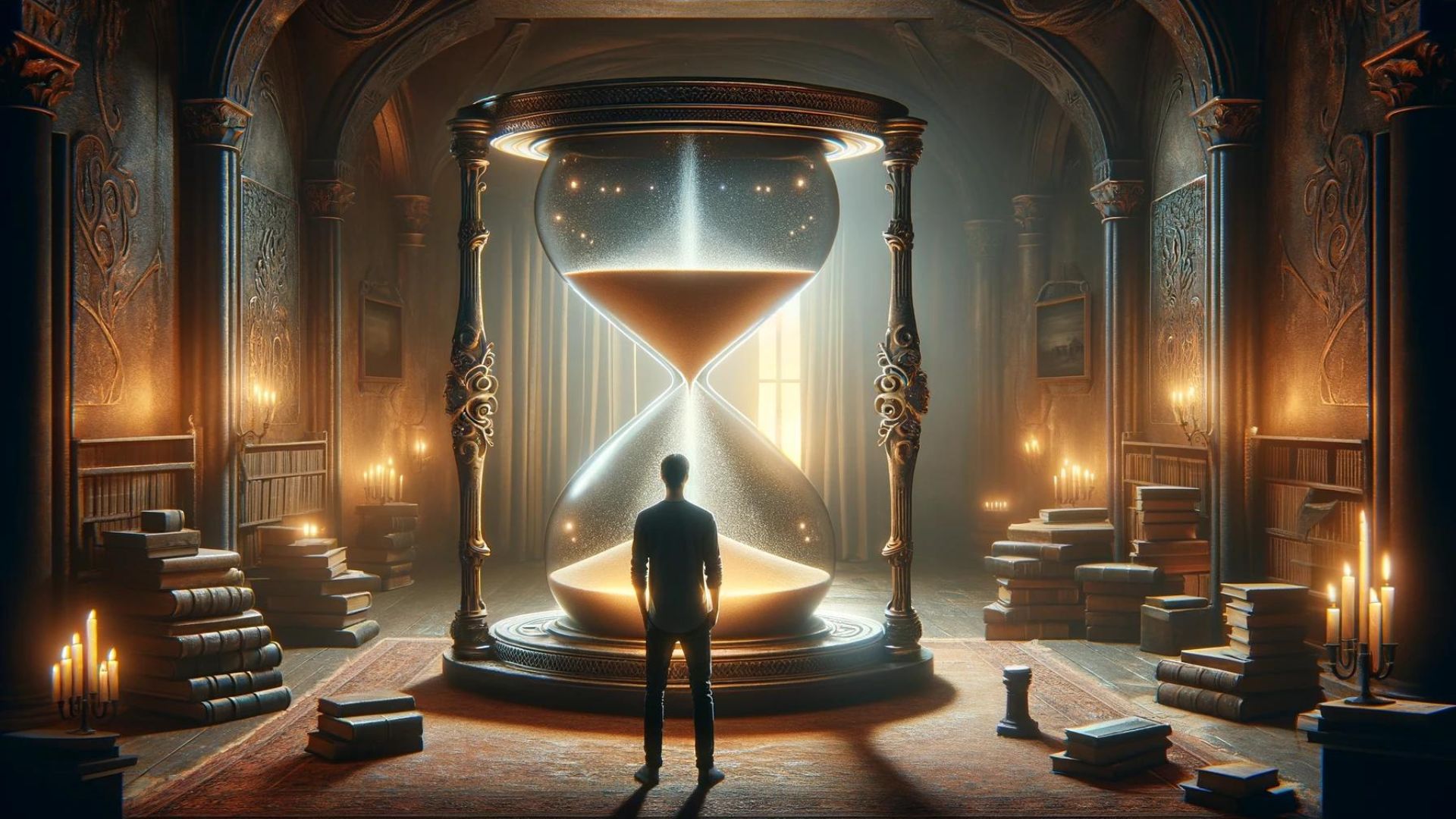The Temptations and Dangers of Rewriting History
The question “If you could travel back in time and alter one event, would you?” sparks both exhilaration and profound unease. It taps into our desire to fix past mistakes, prevent tragedies, or simply witness moments lost to time. However, the potential consequences of tampering with the past raise complex dilemmas.
The Butterfly Effect: Unintended Consequences
Even seemingly minor changes to the timeline could have vast and unpredictable ripple effects – the proverbial butterfly causing a hurricane. Consider:
- Eliminating Hardship: Could preventing a personal struggle inadvertently erase a hard-won lesson essential to our character development?
- Altering the Future: Might well-intentioned actions aimed at stopping a war, for example, lead to unforeseen and potentially worse conflicts?
- The Problem of Knowledge: If we travel back with foreknowledge, are we truly changing the past or simply fulfilling a pre-determined destiny?
Ethical Quandaries
- Playing God: Who has the right to decide which historical events should or shouldn’t have happened?
- Potential for Abuse: Could time travel be weaponized by those seeking to reshape history for selfish or harmful ends?
- Moral Responsibility: Are we responsible for the potential consequences of our intervention, even if unintended?
The Allure of “What If?”
Despite the risks, the fantasy of changing the past remains compelling. We long to right wrongs, revisit lost loved ones, or witness historical moments firsthand. This tension underscores the enduring conflict between our desire for control and the recognition that some things might be beyond our ability to change.
Time Travel in Fiction
Numerous films, books, and TV shows explore the themes of time travel and its paradoxes. These stories often serve as cautionary tales, highlighting the unintended consequences and ethical complexities of meddling with the past.
In Conclusion
While the possibility of altering history is a fascinating thought experiment, it exposes the delicate interconnectedness of events and the limits of our understanding. Perhaps the question isn’t so much whether we should change the past, but rather, how can we use our understanding of the past to shape a better future.










0 Comments